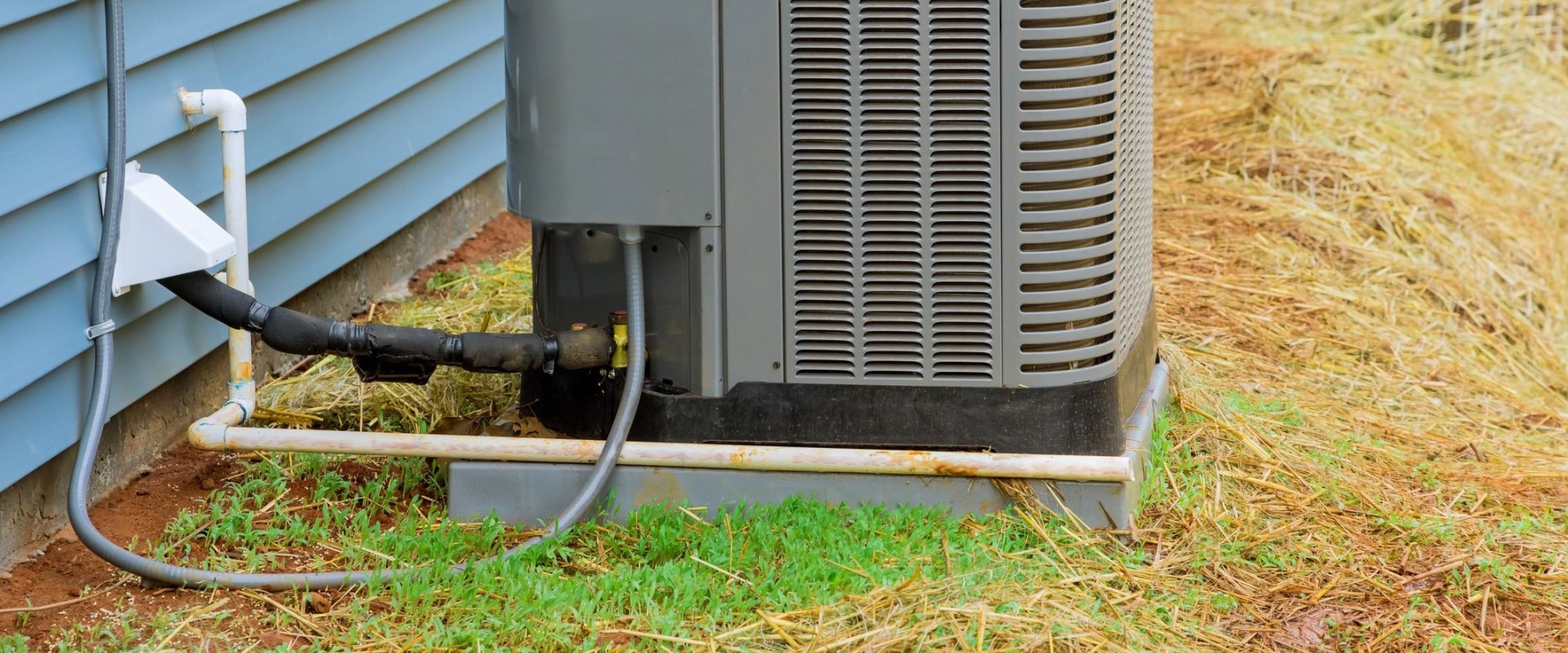Making the decision to invest in a new air conditioning system can be a difficult one. But, it's important to remember that this initial investment can pay off in the long run. According to the Department of Energy, upgrading your heating and cooling unit can reduce your monthly utility bills by up to 40%. This is because modern air conditioning systems are much more efficient than their older counterparts.
For instance, an older air conditioning system may use 6 kWh of electricity to cool a medium-sized home, while a modern system could cool the same house with just 1.71 kWh of electricity. This remarkable performance is possible thanks to advanced features such as the two-stage scroll compressor, which has replaced the old single-stage piston-driven compressors of the past. If you have an air conditioner or heat pump that is more than 10 years old, consider replacing it with a unit that has earned the ENERGY STAR label. If properly installed, these high-efficiency units can save up to 20 percent on heating and cooling costs.
The same goes for furnaces and boilers that are more than 15 years old - replacing them with ENERGY STAR certified models can save you up to 15% on energy costs. You can also extend the life of your system by performing standard air conditioning maintenance, such as changing filters regularly, monitoring your energy bills, and calling an HVAC professional at the first signs of problems. An expert from Professional Services or another heating, ventilation, and air conditioning system company can determine if you could benefit from a replacement. In conclusion, investing in a new air conditioning system not only increases the value of your home, but it also increases the money that goes back to your wallet. The versatility of an air conditioning system means that you can build an air conditioning system that is quite unique to your space.




